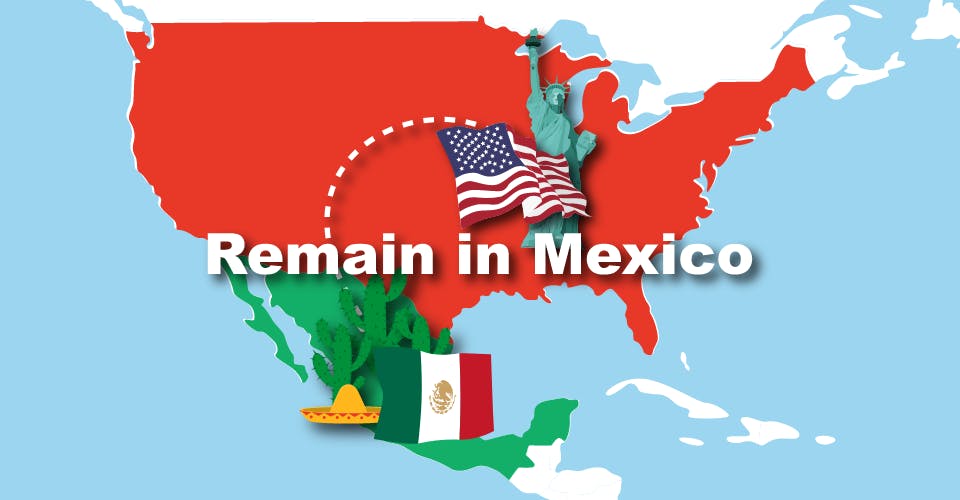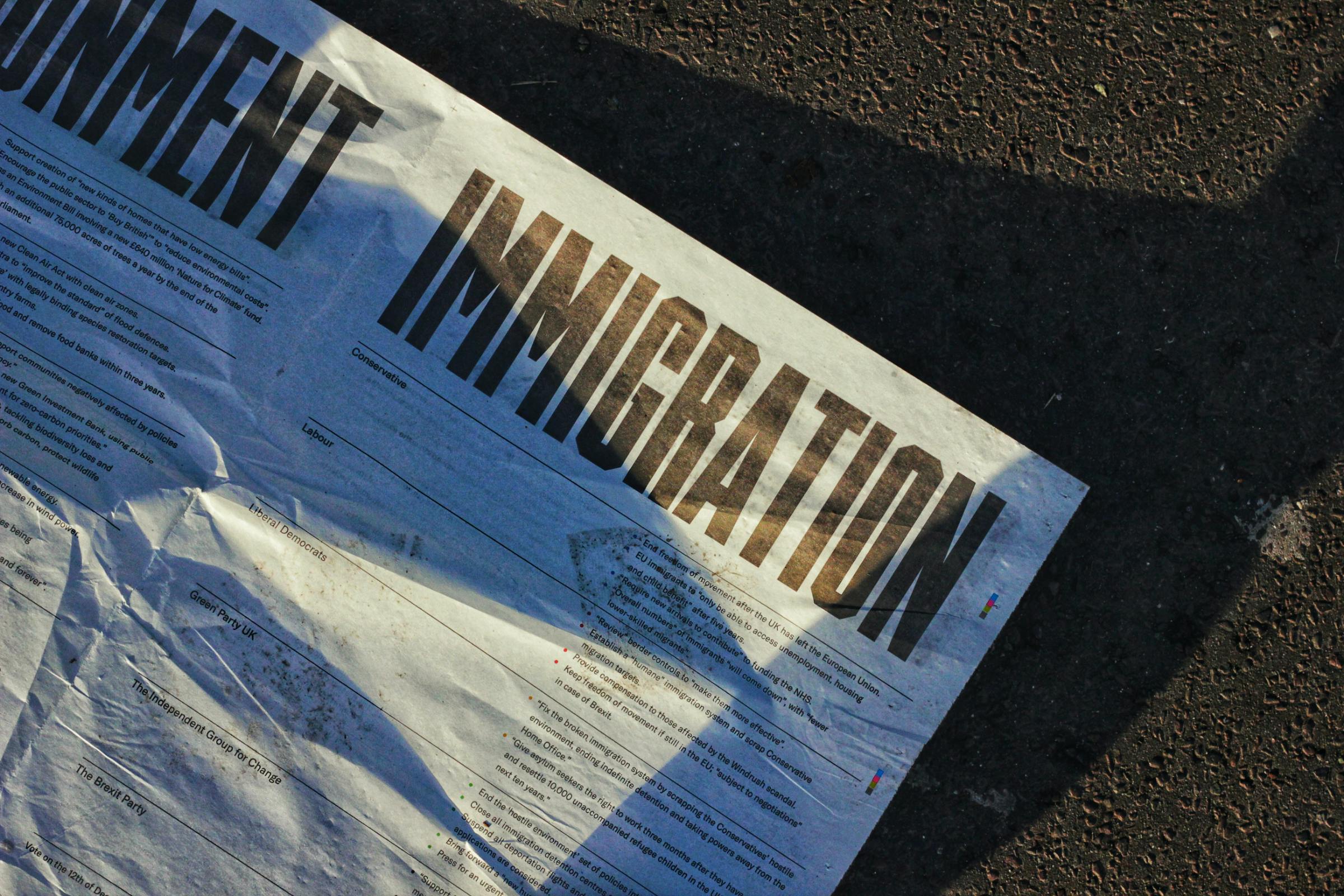In December of 2018, the then Secretary of Homeland Security Kirstjen Nielson instituted a policy, which at the time was considered “ a historic action to confront the illegal immigration crisis facing the United States.” The policy stems from enacting a portion of the Immigration and Nationality Act (Section 235b) and pertains to asylum seekers, mainly from Latin America. Under the Migration Protection Protocols (MPP), individuals arriving in or entering the United States from Mexico—illegally or without proper documentation—may be returned to Mexico for the duration of their immigration proceedings.
Background
The policy was enacted because of mounting pressure faced by the U.S. government at the time to curb illegal immigration, but this policy has had unintended consequences in recent years when it comes to other processes, such as I-485 applications, alien petitions, and the filing of other USCIS forms that become very difficult because of the way the MPP works.
As per a State Department release during the time of the signage of this policy, which is often termed as the “Remain in Mexico” policy:
“Over the last five years, DHS has seen a 2000 percent increase in aliens claiming credible fear (the first step to asylum), as many know it will give them an opportunity to stay in our country, even if they do not actually have a valid claim to asylum. As a result, the United States has an overwhelming asylum backlog of more than 786,000 pending cases.”
Source: State Department, Dec. 20th, 2018
Issues and Obstacles to the MPP
The MPP creates severe problems for many regardless of their immigration status. For example, when immigrants are returned to Mexico, as part of the “catch and return” as opposed to “catch and release” policy, they often face hardships such as not being able to access the right type of medical equipment needed while in Mexico or the right type of humanitarian aid. The MPP also lengthens the amount of time as per the I-485 eligibility. For example, under a catch and release policy, it might be possible for an asylee to file their I-485 after one year of having asylum status in the United States, but with being sent back to Mexico, problems arise as their cases are further backlogged.
A Biden Administration has not yet detailed how it would go about dismantling the Remain in Mexico policy, although Biden himself stated last month in the presidential debates, “this is the first time in the history of the United States that someone seeking asylum…has to do so in another country”. He expressed discontent with such a policy.
If anything, the Biden Administration will need to do three things in order to form such a reversal in policy to become a pragmatic approach to immigration:
1. Establish new diplomatic relations with Mexico and allow for the topic of conversation to be focused on the current refugee camps in Mexico where many asylum seekers are waiting to hear about their court proceedings.
2. If a reversal of policy is implemented, USCIS will have to be ready to process many new forms not just pertaining to asylum seekers, but the eventual adjustment of statuses which asylees will be eligible for exactly one year after remaining in the U.S.














